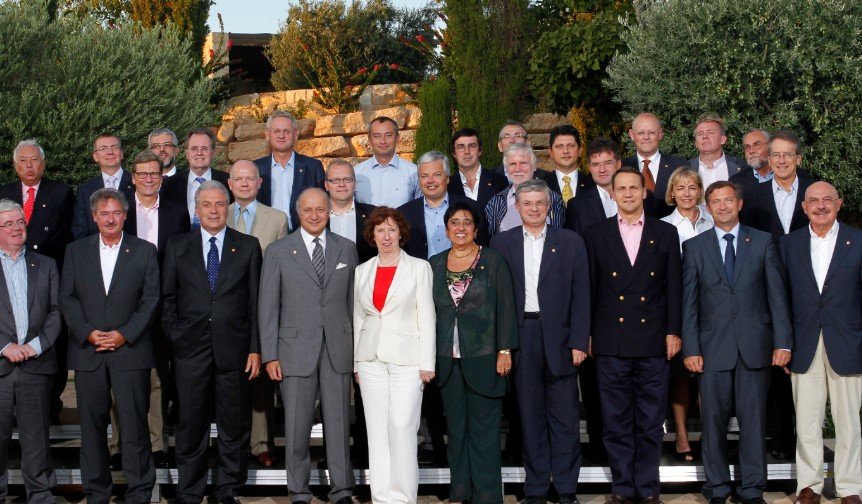The European Union is taking a firm stance on its relationship with Georgia. EU High Representative for Foreign Affairs and Security Policy, Kaja Kallas, has confirmed that member states must now implement the suspension of visa liberalization for Georgian diplomats within their domestic legal frameworks. This announcement follows a decisive move by the Council of the European Union to limit visa privileges for certain Georgian officials.
EU Tightens Restrictions on Georgian Officials
At a press conference after the EU Foreign Ministers’ meeting in Brussels, Kallas underscored the EU’s growing concerns regarding Georgia’s trajectory. She stated that while the bloc continues to monitor developments, it also seeks ways to convey its dissatisfaction with Georgia’s recent political moves.
- The decision to suspend visa liberalization was finalized by EU member states.
- Implementation now falls to individual governments to integrate into national policies.
- This decision signals the EU’s discontent with Georgia’s European aspirations.
Kallas emphasized that this suspension should serve as a warning to the Georgian government, urging it to reconsider its direction.

Specific Groups Affected by the Visa Suspension
The suspension does not apply to all Georgian citizens but rather to specific groups of officials. According to the EU’s resolution, the following individuals will be impacted:
| Affected Group | Description |
|---|---|
| Members of official delegations | Individuals attending intergovernmental events within the EU. |
| Government & parliamentary officials | Includes members of Georgia’s national and regional governments, parliaments, the Constitutional Court, and the Supreme Court. |
| Diplomatic passport holders | Those traveling under Georgia’s diplomatic credentials. |
This move disrupts travel privileges that these groups previously enjoyed under the EU-Georgia visa facilitation agreement, adding bureaucratic hurdles to their mobility within the EU.
What Led to This Decision?
The EU’s decision to restrict visa liberalization stems from broader concerns about Georgia’s commitment to democratic principles and European integration. In recent months, tensions between Brussels and Tbilisi have escalated over governance issues, judiciary independence, and foreign policy alignments.
- The EU has voiced repeated concerns over Georgia’s political shifts.
- The bloc views certain policies as counterproductive to the country’s EU aspirations.
- Diplomatic measures like this visa suspension serve as tools to influence Georgia’s course.
The underlying message is clear: the EU is willing to use policy measures to hold Georgia accountable for its commitments.
What’s Next for Georgia’s EU Ambitions?
This visa suspension may be just the beginning of a broader reassessment of EU-Georgia relations. While the EU has stopped short of more severe punitive measures, the suspension sends a clear diplomatic message.
One possible consequence is increased scrutiny of Georgia’s compliance with EU norms. Further actions could follow if the Georgian government does not address concerns raised by Brussels.
For now, affected Georgian officials will have to navigate a more complicated process for traveling to the EU, while Georgia’s broader European aspirations remain under question.
